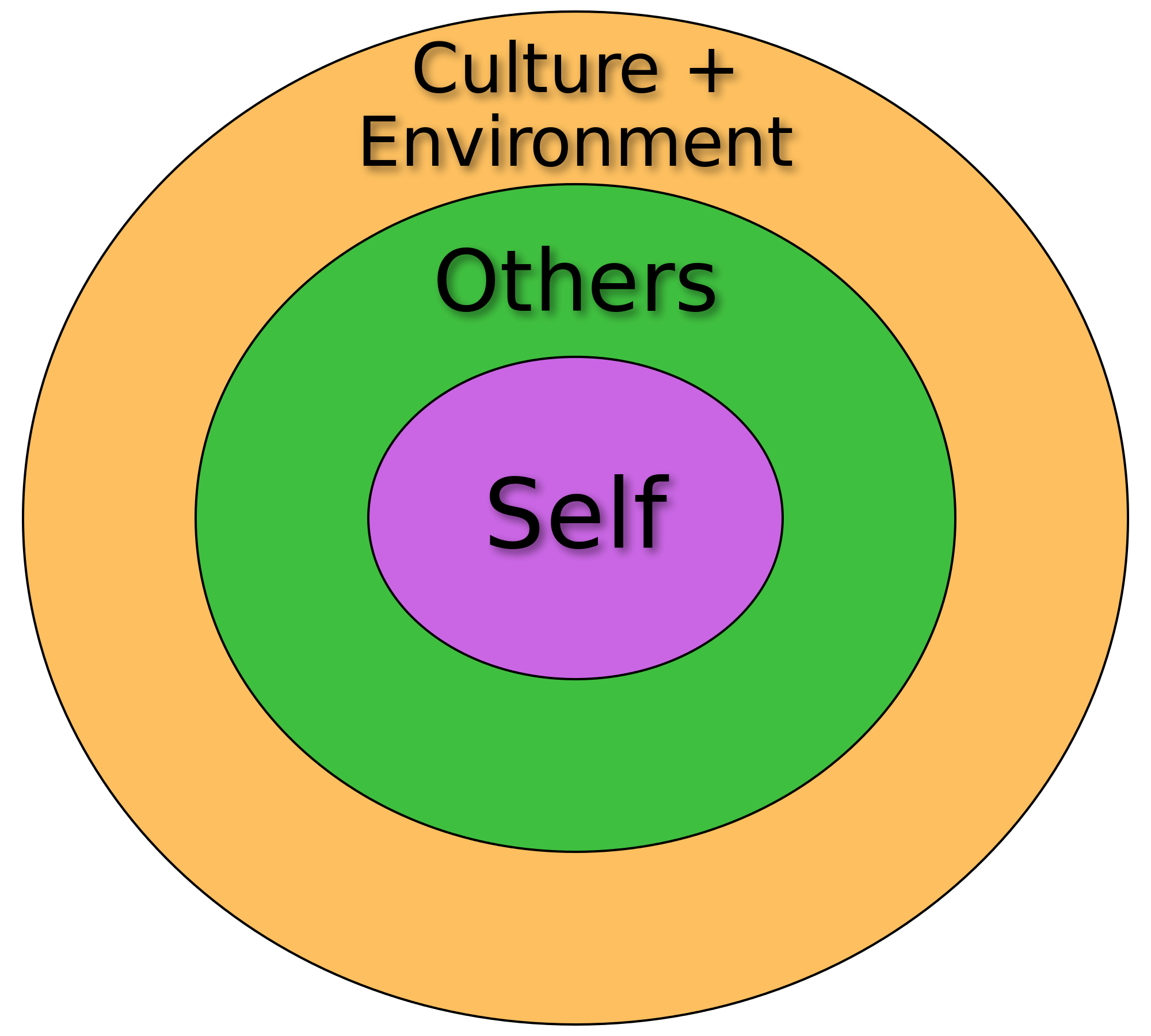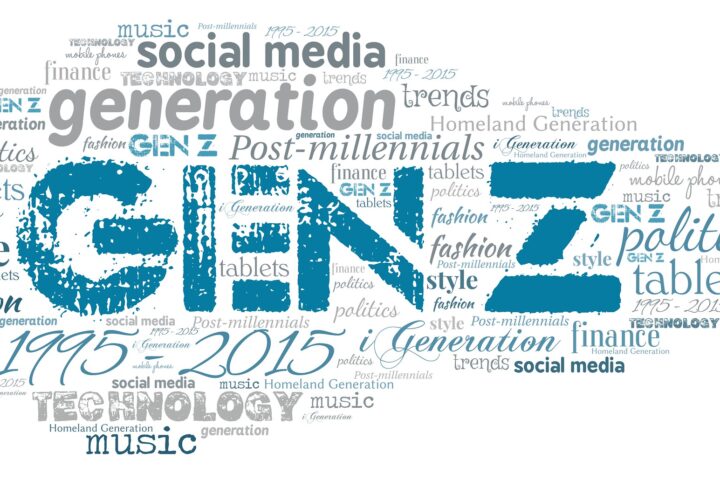Source: Wikimedia_rise-of-self-help-culture-pandemic-evolution45417988
Rushing to your daily job, toiling away to manage your savings, balancing your work life with taking care of your mental health- this sounds like nothing but extremely difficult to manage in reality. In such a speedy world, everyone looks up to a philosophy or a mantra which can help them make it through life.
The introduction of the Self-help culture was one of these booming phenomena which quickly worked its wonders over the general public. It is not something which wasn’t known before, but became extremely popular during the COVID pandemic. During this period, people were confined inside their homes and found solace in the philosophies of this culture. Self-help became the key to surviving a global pandemic.
What does it mean?
The self-help industry is formed on the assumption that there are certain inadequacies in our demeanor and personality which needs fixing. Doing so is important because we are the ones responsible for our own happiness. This is the main philosophy followers of this culture believe in. If you want something, you will have to work for it.
So, believing in self-improvement involves improving oneself on an economic, intellectual, emotional, and physical level. This is achieved by getting advice from publicly available sources like the internet and/or support groups made specially for this purpose. Self-help groups can be better than the internet because these can help foster friendships, emotional support, a sense of identity, and a sense of belonging.
Origins
The principal of the self-help culture is not anything new. Socrates, when facing execution, called upon his followers and asked them to ‘pay more attention to the upkeep of their own souls’. This was the original ‘live a good life’ motto. But this wasn’t taken well by certain sects, cults, and gurus who found this too lax and the idea got extremely criticized.
The Stoics were a group which also believed that happiness only comes through thinking about the right thing and acting upon it. Thinking about the bad stuff will only worsen your situation. These were the earliest versions of this philosophy which then spread to Rome, and then, subsequently to the UK.
Robert Burton in 1576 and Samuel Smiles in 1859 both worked upon their own publications which was quite well received by their audience. Burton’s book ‘Anatomy’ was written in a way which made it seem easy to read and understand. Samuel Johnson read the book and called it one of his favorites. His exact words were “… the only book that ever took him out of bed two hours sooner than [he] wished to rise.” Smiles’s wrote and published a book under the title ‘Self Help’ which became an international bestseller. This paved the way for the next wave of self help we are witnessing today.
Criticism
Many believe that the self-help industry is rooted in the assumption that there are many serious shortcomings which need urgent fixing. Their complaint is that it hooks onto our dissatisfaction about who we are as a human being.
The way self-help regimes work is what gets targeted- why does this culture find faults in the person but doesn’t acknowledge the way political and structural causes affect our lives? Other factors like the differences in people’s upbringing, their economic predicament, life experiences, and character traits are equally bad for someone trying to fight whatever ordeals life throws at them because they want to ‘self-help’.
The whole idea of being self-reliant and someone’s inability to do so may make someone feel that their will power is lacking just because they couldn’t succeed. A book like The Secret suggests that ‘everything that happens to us is our own doing, because our thoughts are “magnetic” and attract matching psycho-spiritual energies to us. If we fail to think happy thoughts, the “law of attraction” ensures that bad stuff will happen to us.’ Critics complain that such logic would justify illness, calamities, and assaults by blaming it all on the victim!
So, the whole debate comes down to the fact that this culture is just as political as it is philosophical. The culture can be good to a few, but wouldn’t work for everyone.
Resources
Ince, R. (2014, October 21). The ancient roots of self-help. Bbc.com; BBC. https://www.bbc.com/culture/article/20140805-the-ancient-roots-of-self-help
What We Really Talk about When We Talk about Self-Help. (2021). Psychology Today. https://www.psychologytoday.com/us/blog/the-art-self-improvement/202109/what-we-really-talk-about-when-we-talk-about-self-help
Seymour, R. (2022, February). The cruelties of self-help culture. New Statesman; New Statesman. https://www.newstatesman.com/ideas/2022/02/the-cruelties-of-self-help-culture
Du Plessis, E. M. (2020). “Be a model, not a critic”: Self-help culture, implicit censorship and the silent organization. Organization, 135050842093923. doi:10.1177/1350508420939230
















